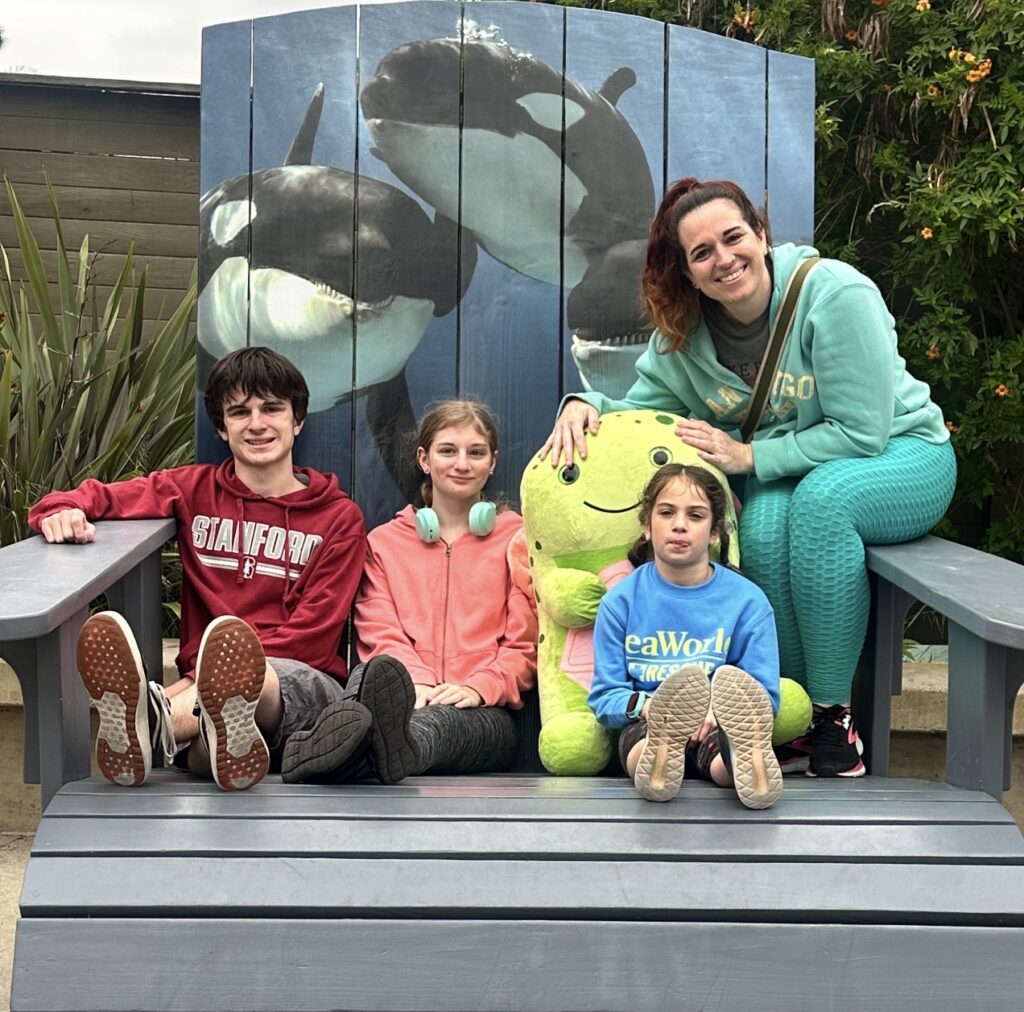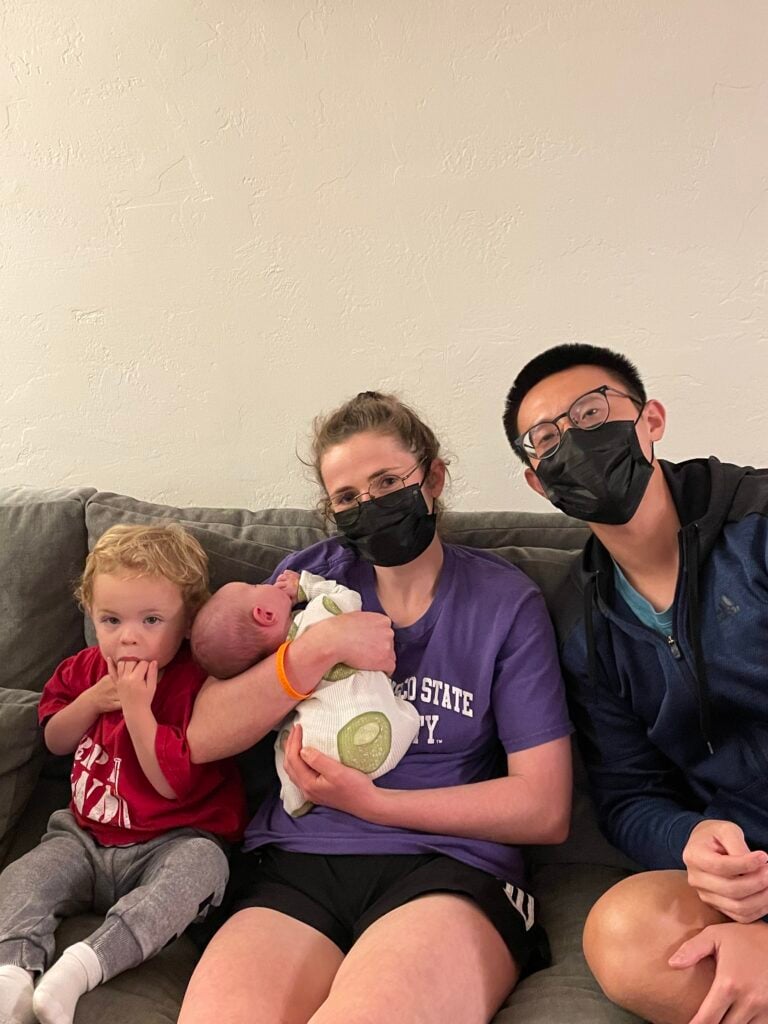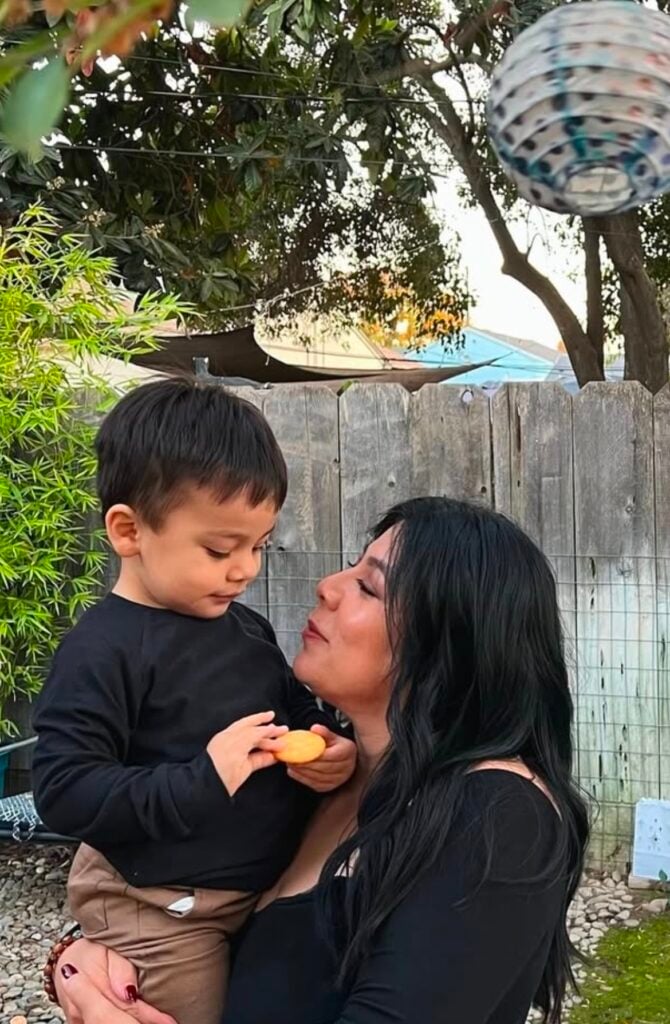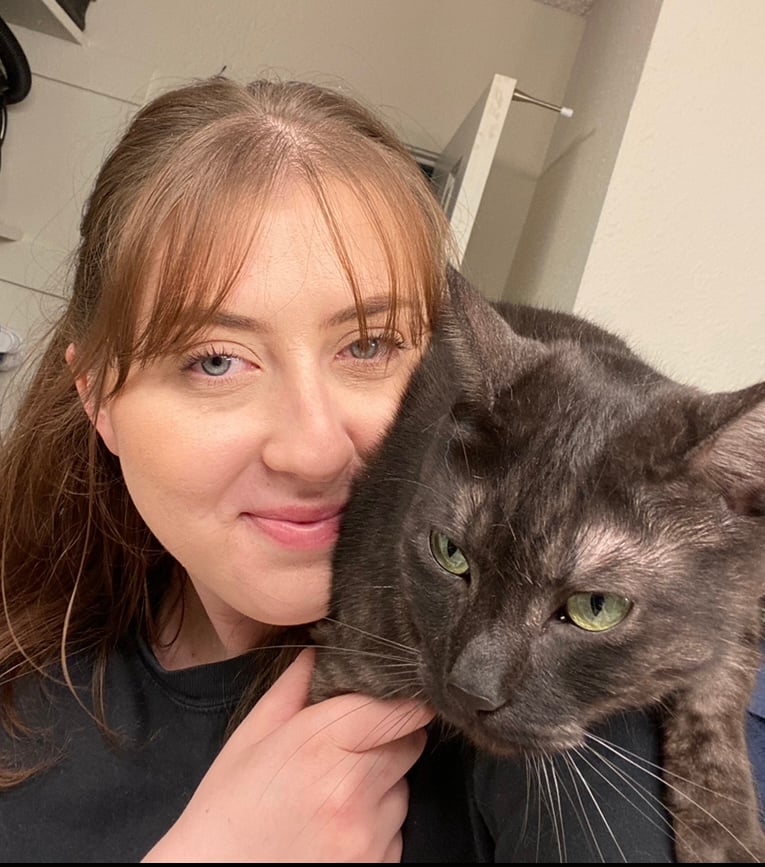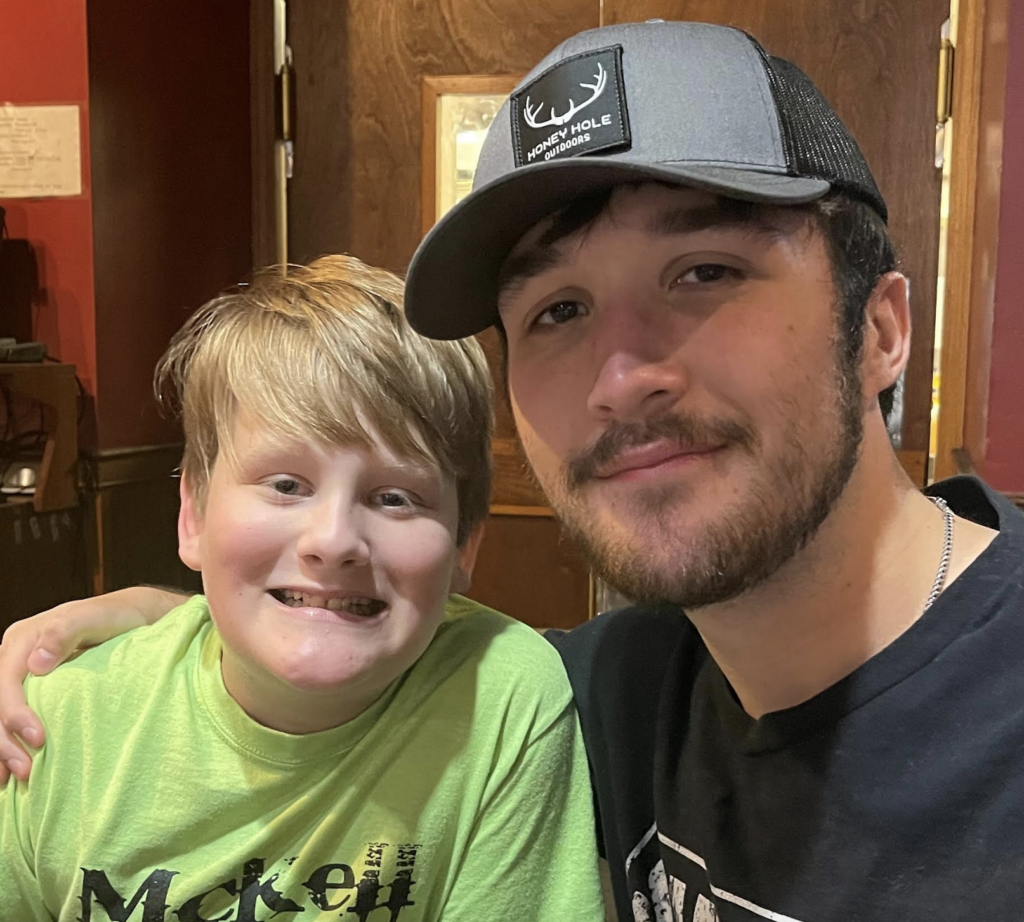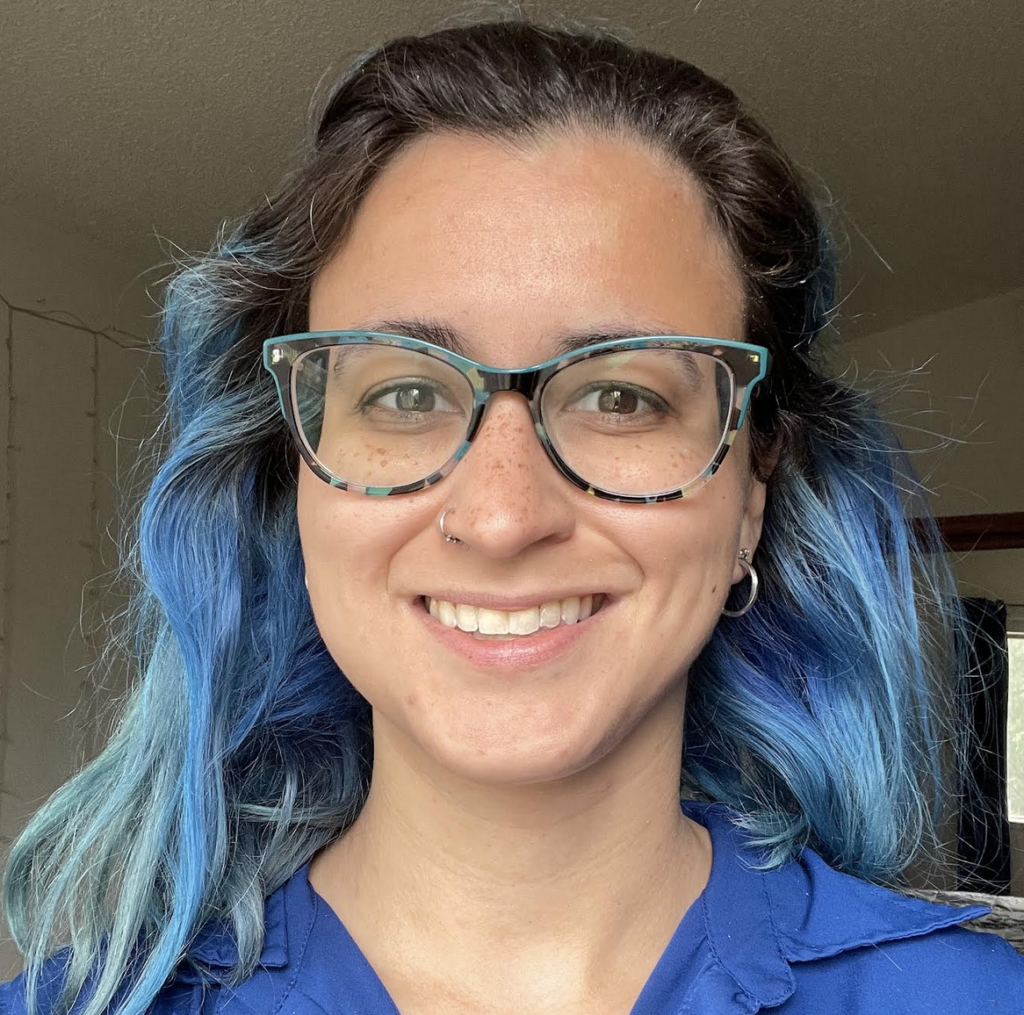Pediatric Feeding Therapy in San Jose, CA
Why Pediartric Feeding Therapy?
Mealtimes should be a time of enjoyment and connection for families. But for some children, eating can be a challenge. Whether your child is picky, struggles with swallowing, relies on tube feeding, or has other feeding difficulties, we are here to help.
Our expert team of feeding therapists works with children to address a wide range of feeding issues, from texture aversions to mealtime behaviors, nursing challenges, and transitioning from tube feeding to oral feeding. We’ll work with you to make feeding a positive experience for you and your child so they can get the nutrients their growing body needs.

What Is Pediatric Feeding Therapy?

Feeding therapy is designed to help children overcome difficulties with nursing, chewing, swallowing, and drinking. This treatment focuses on the physical challenges your child may have with feeding, as well as any sensory challenges and underlying medical conditions related to food textures or tastes.
Our feeding therapists use evidence-based techniques to address:
- Sensory-based feeding challenges
- Oral motor challenges
- Swallowing difficulties
- Medical-related feeding challenges (e.g., reflux or EoE)
- Tube transitions
- Bottle and breastfeeding support
Through play-based activities, structured routines, and sensory integration strategies, we help children develop healthy eating habits, improve their relationship with food, and get the nutrients they need to support their growth and development.
Who Can Benefit from Pediatric Feeding Therapy?
Pediatric feeding therapy can benefit children of all ages who struggle with eating or mealtime behaviors. It is particularly helpful for children who:
- Struggle to latch to the breast or bottle
- Are not gaining weight or are losing weight
- Have difficulty chewing, swallowing, or managing food textures
- Are extremely picky eaters or have limited food preferences
- Have a lip tie, tongue tie, cleft lip, or cleft palate
- Gag or choke frequently while eating
- Have a fear or aversion to certain foods or food textures
- Struggle with transitioning to solid foods or eating independently
- Experience discomfort or pain while eating due to medical conditions like reflux or oral motor difficulties
- Have developmental or sensory processing issues that impact their ability to eat comfortably
- Get upset, frustrated, or anxious at mealtimes
- Have medically complex feeding needs

Pediatric Feeding Therapy Modalities We Use

Our experienced therapists will carefully choose the best combination of techniques to support your child’s specific needs. Some of the modalities we use include:
Get Permission Approach
The Get Permission Approach is centered around building trust with your child and allowing them to take control over their eating process. This approach involves parents in treatment so you can successfully feed your child.
It’s ideal for children who are nervous or resistant to eating, especially those with food aversions or sensory sensitivities. The goal is to empower your child to feel confident and open to trying new foods in a relaxed, pressure-free environment.
Sequential Oral Sensory (SOS) Approach
The Sequential Oral Sensory (SOS) Approach is designed to help children gradually become more comfortable with eating a wide variety of foods. Through a step-by-step process, children are introduced to new textures, tastes, and smells, starting with simple, non-threatening food experiences.
This approach is especially effective for children with severe food aversions or picky eating habits. The goal is to build sensory tolerance and expand their list of acceptable foods so they feel more confident and comfortable at mealtimes.
Beckman Oral Motor Protocol
The Beckman Oral Motor Protocol is a hands-on therapy technique used to address the oral motor skills needed for chewing, swallowing, and speaking. Through specific exercises, we help children strengthen their ability to eat a variety of foods safely and efficiently.
This approach can be particularly helpful for children who have difficulty with oral motor tasks due to conditions like low muscle tone or sensory processing challenges.
Responsive Feeding Therapy
Responsive Feeding Therapy emphasizes a gentle parent-child partnership in mealtime interactions. The approach teaches parents to recognize and respect their child’s hunger cues, eating preferences, and fullness signals.
This method helps promote a balanced and healthy relationship with food, especially for children who struggle with self-regulation during meals.
TOTS training
TOTS Training is a specialized program that focuses on helping children with oral motor and feeding difficulties caused by tethered oral tissues like tongue ties or lip ties. The training equips professionals with techniques to improve a child’s ability to eat, speak, and function more comfortably. This approach is beneficial for children who struggle with feeding, speech, or sensory challenges, allowing them to gain confidence in eating and improve their overall oral development.
VitalStim
VitalStim is a type of electrical stimulation therapy used to improve swallowing function. This treatment involves the use of a small device that delivers mild electrical currents to the muscles involved in swallowing to help stimulate and strengthen those muscles.
It helps children who have swallowing difficulties due to neurological conditions, injury, or muscle weakness. VitalStim therapy can improve your child’s ability to swallow safely so they can enjoy mealtimes with family.
What Parents Are Saying About Our Services
Reach Out Today to Get Started with Pediatric Feeding Therapy
If your child is struggling with feeding challenges, JLD Therapy is here to help. Our experienced therapists will work with you to help your child develop a healthier, happier relationship with food.
Call us to schedule an evaluation today, and let’s work together to empower your child to live a meaningful and joyful life.










